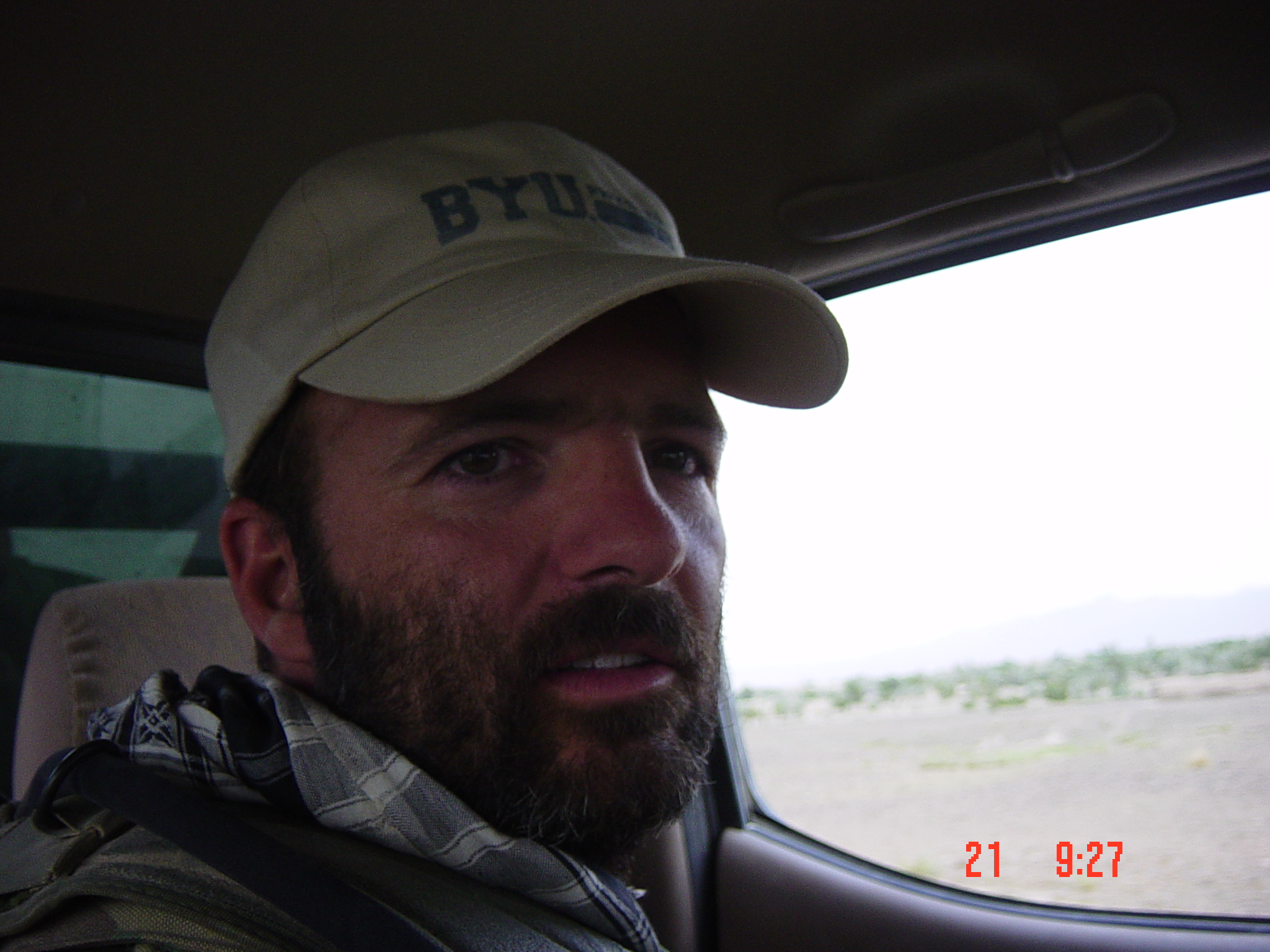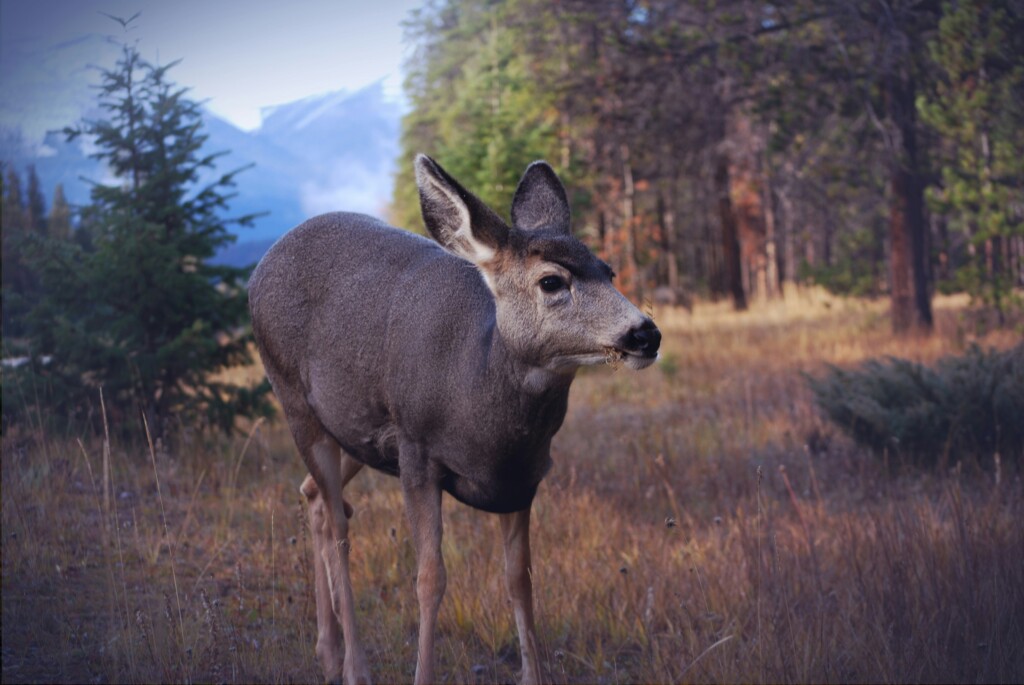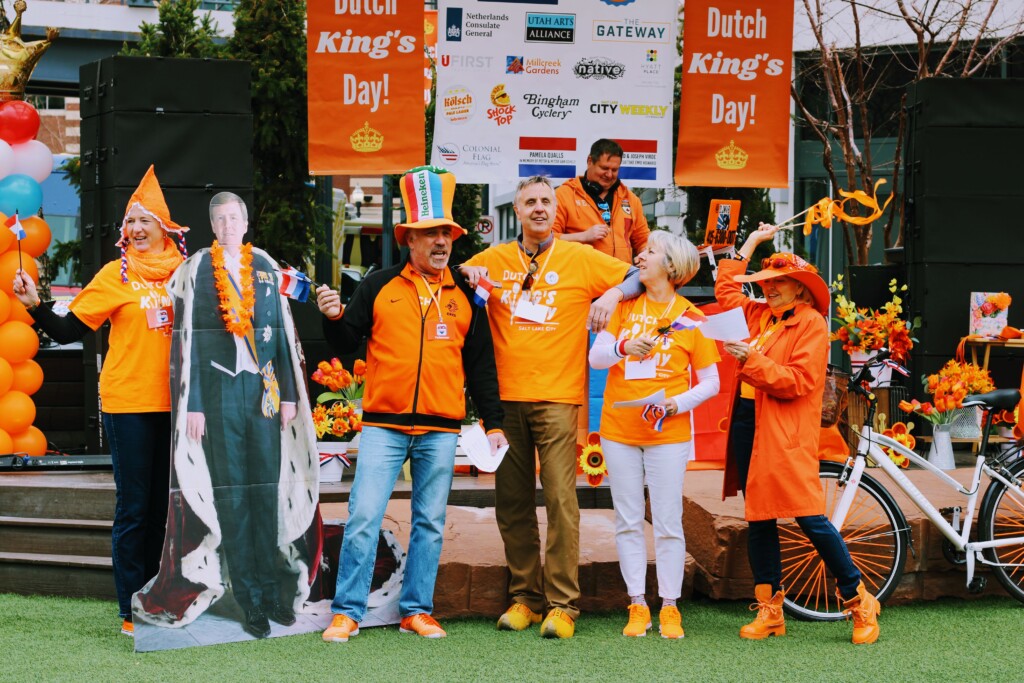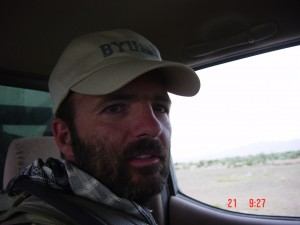
Layne Morris, retired sergeant first class with the National Guard’s 19th Special Forces group, had his eye blown out by shrapnel while fighting Al Qaeda in Afghanistan. “A piece of the shrapnel cut the optic nerve,” says Morris. “It was like pulling the cord on the TV, it was just instantly black.”
Morris recalls the moments just before his life changed forever. His command unit had been tracking a terrorist cell and had them cornered them in a compound. “They did not come out. They waited until we got close enough so they could throw grenades at us,” says Morris. “One of their grenades went off, I didn’t see it. To make a long story short, I zigged when I should have zagged.”
When Morris returned stateside, he had a new battle to fight with the loss of the eye and his equilibrium, as the shrapnel blast had also damaged his inner ear. Keeping his balance was a daily struggle.
He sought help from the Veteran’s Administration, which four years ago introduced him to the National Ability Center, or NAC. The Center was founded as ‘Park City Handicapped Sports Association’ (PCHSA) by Meeche White and Pete Badewitz in their kitchen. They taught ski lessons through a grant from Disabled American Veterans of Utah.
The idea for PCHSA came after White’s and Badewitz’s experience as ski instructors for people with disabilities in Colorado. Seeing the difference they were were making there, they decided to look around the United States for an area that had both a high need for an adaptive program and the population with which it could grow. The decision was Salt Lake City. “Park City Mountain Resort was chosen as the base area thanks to its reputation for a high quality teaching terrain,” says NAC’s website.
“The first time I went up there with my family, my wife and four kids, we ran through different activities: cross country skiing, snowshoeing, downhill skiing, a high ropes course and rock climbing on their rock wall,” recalls Morris. “Later on that summer we tried stand-up paddle boarding and water skiing. Bringing your family is NAC’s niche. It’s not just for the person with the disability, it’s for everybody.”
The NAC meets a critical need for accessible recreation opportunities. It takes more than 1,000 volunteers, along with about 30 full-time and 75 seasonal part-time staff to help run all the programs offered. “We need volunteers for all of our programs.” says Heidi MacNaughton, NAC volunteer coordinator. “In the winter we have ski and snowboard, equestrian, aquatics, Nordic skiing, and snowshoeing. In the summertime we have camp, cycling, water sports and archery,”
MacNaughton emphasizes that volunteers don’t need to be experts, or even have previous experience in working with NAC clients. They just need training and a passion for service. “Their role is helping the participant have a good time, helping with equipment needs, and just being an extra hand if the participants need support.”
Keeping experiences affordable for the participants and their families is made possible by the donations, grants and money raised at local, regional and national levels. “Some pay a small amount or nothing at all,” says Joelle Kanshepolsky, manager of special projects. “We will never deny participation due to an inability to pay.”
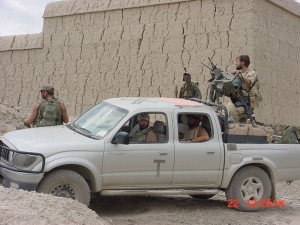
“Other great places you just kind of look around and say ‘This is great but it would be even greater if my family was here,’” says Morris. “I don’t want to dramatize it too much, but I certainly struggled with my approach to life and feelings about life in general, with what I could and couldn’t do. I had ups and downs where I made my family hate being around me. Morris adds, “The NAC really helped me find healthy outlets for anger, depression or whatever I was feeling, including a lack of ability and self-worth.
“The NAC are experts at helping you feel better about yourself. If you’re unhappy, they can help you be happier. They do it in a positive, supporting, gently encouraging way that only goes as far as you want to go. It’s not a military-style program where you have to participate. They are supporting and helpful to injured servicemen and women who haven’t figured out their place and what their abilities are and what they can do. “That’s a great thing, because it opens up your world when the tendency is to shrink your world,” says Morris. “It’s a great organization. I describe it as, you get old, ugly, ornery, pissed off veterans that don’t want to be there, all the way to a beautiful, innocent five-year-old girl with a spinal problem whose dream in life is to ride a pony.
“Everybody else is in between somewhere. It’s amazing they have the versatility and ability to serve all those different groups of people across four seasons of different activities. You know, they’ve helped to show me that I am pretty lucky, I’ve got one eye and it works pretty well.”
The NAC is a nonprofit organization with five signature fundraisers a year. Our most popular one is ‘Red, White & Snow.’” Other fundraisers include ‘Saluting Our Heroes-SLC,’ ‘Ability Snow Challenge,’ ‘Annual Barn Party,’ and the ‘Summit Challenge.’
For Sgt. Morris and the others who benefit from NAC and its programs, Park City is more than just a first-class tourist destination. It’s a first-class city of caring and compassion.
NAC is at 1000 Ability Way, Park City.

